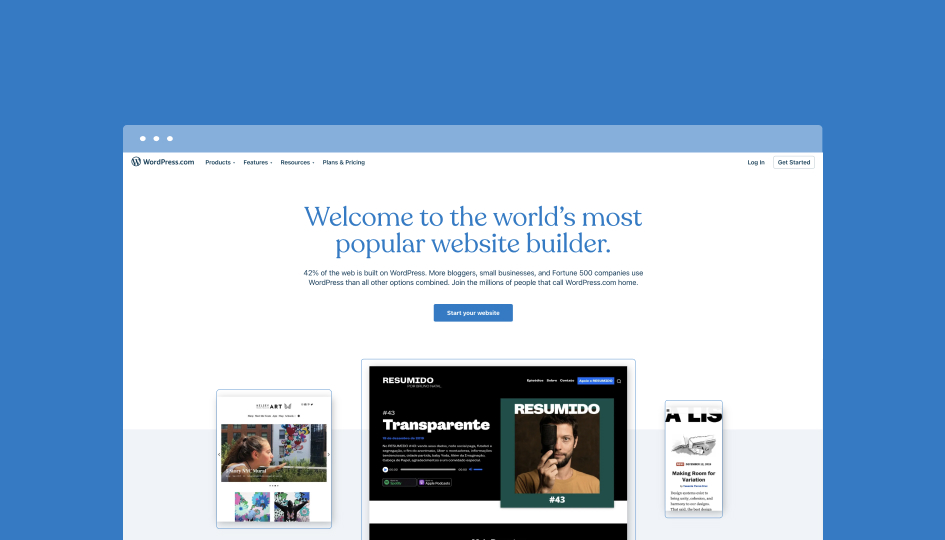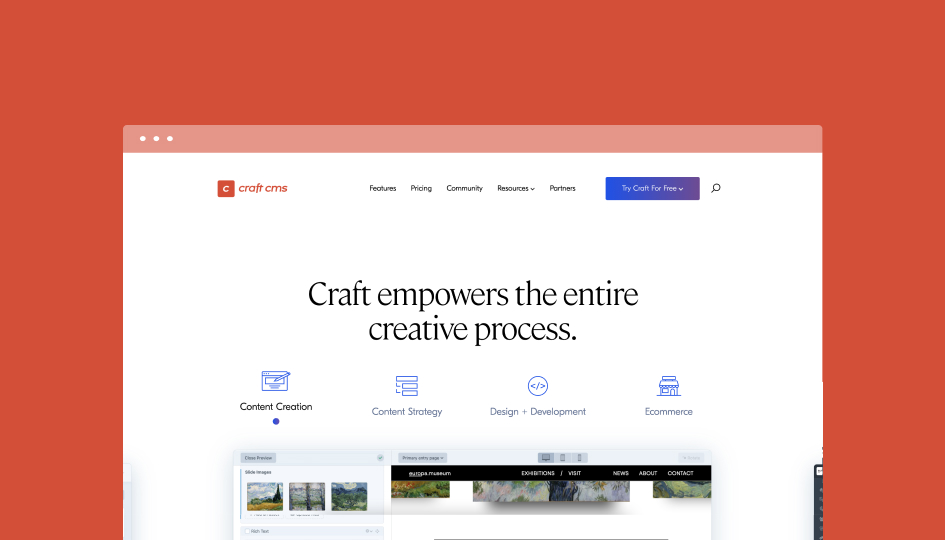Having a well-designed, functional website is a must for any modern medical business. After all, its usability, aesthetics, speed, and simplicity of navigation may shape patients’ first impressions of the whole organization or business. Furthermore, with healthcare services increasingly being ordered online, it’s an efficient tool to improve awareness about medical brand and services.
Credible content allows you to build trust between a clinic or practice and patients. However, content delivery may be time-consuming and ineffective without a content management system (CMS). If you are not familiar with the nuances of web development, you may be unsure of what options you have for website building and content delivery. There are a couple of paths you could take.Convergine delivers both, allowing you to choose the most suitable one considering your budget, site complexity, and other business requirements.
Pros:
Cons:
In short, website development for healthcare on WordPress may be a quick solution for healthcare businesses working on a budget, but it does come with significant drawbacks. When designing websites for healthcare, you must cater to your patients as much as possible. While WP offers a lot of premade plugins and templates for the sake of the required flexibility, you may fail to deliver a performant and personalized website that is easy to update.

If you’re based in Canada and would like to find out more about any of the above options, or if you think you’d benefit from some professional advice, we’d love to hear from you! Convergine’s offices are based in Toronto, and we can guarantee a warm welcome to any visitors.
We hope to hear from you soon!

Pros:
Cons:
When compared to WP, website development for healthcare on Craft CMS is the better, more intuitive option. It does come at a higher cost, but given the high quality of the end product, as well as the support you receive from Craft CMS’ development team, it’s well worth it. In fact, we were so impressed by the platform that we entered into a partnership with them last year.

While building a healthcare website with a CMS seems simple, you still can’t be sure the outcome will showcase your clinic’s expertise, deliver the content efficiently, and attract patients’ attention. Here’s why you should choose custom site and design development for healthcare from Convergine:
